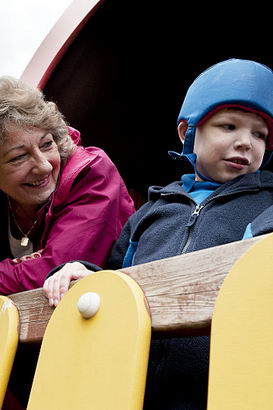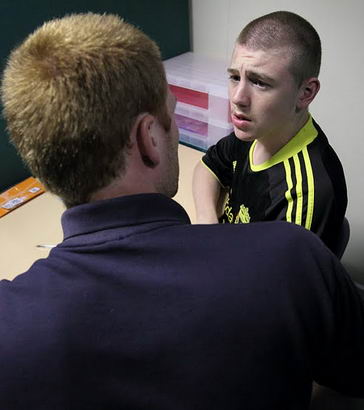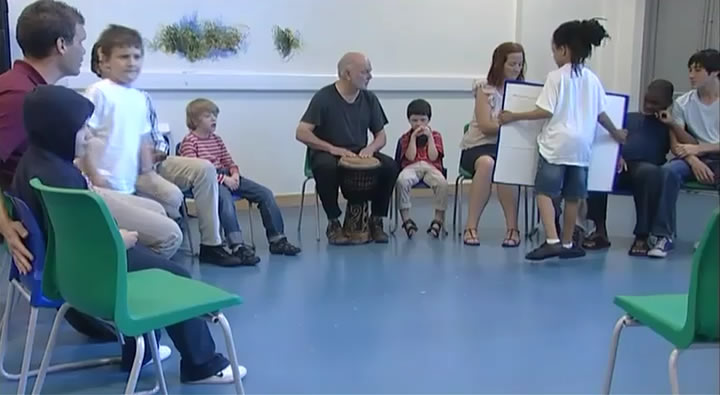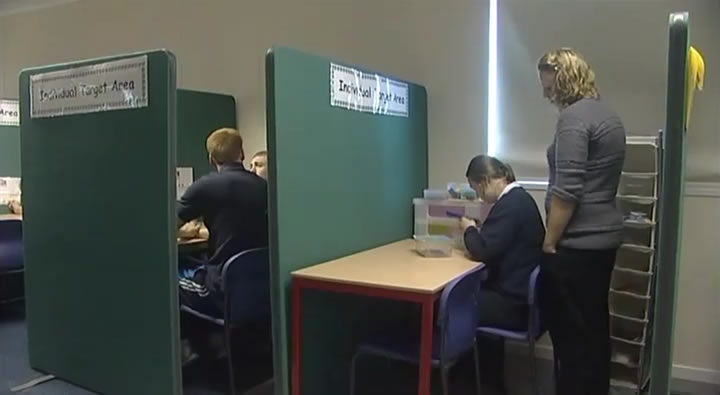
This module stresses the importance of building relationships with children with complex needs. However, it is also important to recognise the different rights and responsibilities of both teachers/caregivers and the child.
From a child's point of view, no behaviour is positive or negative. That judgement is made by the teacher/caregiver, usually based on how the behaviour affects them. So a teacher/caregiver may view a quiet child as non-problematic, but a child who screams for attention as problematic.
In terms of learning, however, this assessment may be the wrong way round. We should be more concerned about the development of the child who has not learnt that they can communicate intentionally, than the child who knows how to get the teacher/caregiver's attention by screaming.

Communication can take place using a variety of means and systems - all of which rely upon the quality of the interactions taking place.
Communication begins from the moment we start to interact with another person.
We must learn how to respond to the needs of the child to create a positive experience.
Any intervention should promote the child's autonomy and allow them to come to terms with their world, understand it and continue to learn from it throughout their lives.
Watch this video clip.
How is Sammy encouraged to take control of his own behaviour before joining the group?
Sammy is encouraged by
You may have noticed the teaching assistant
encouraged Sammy to:
- Calm down by counting backwards from
five, and - Observe the lesson from the edge of the
group where he felt safe.
Return
Watch this video clip.
How do the adults in the Intensive Support Centre work to reduce the socially inappropriate behaviour of children with autistic spectrum disorders?

